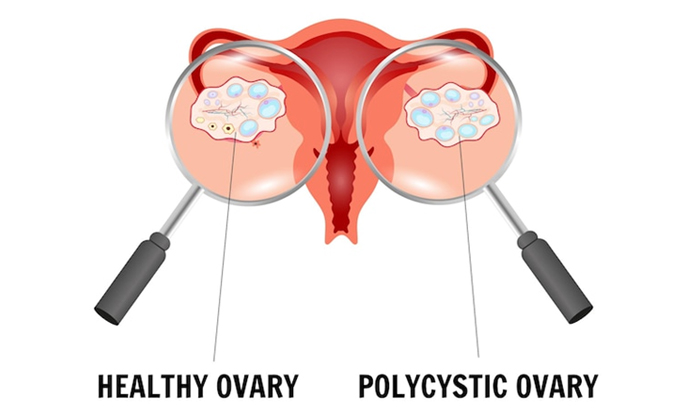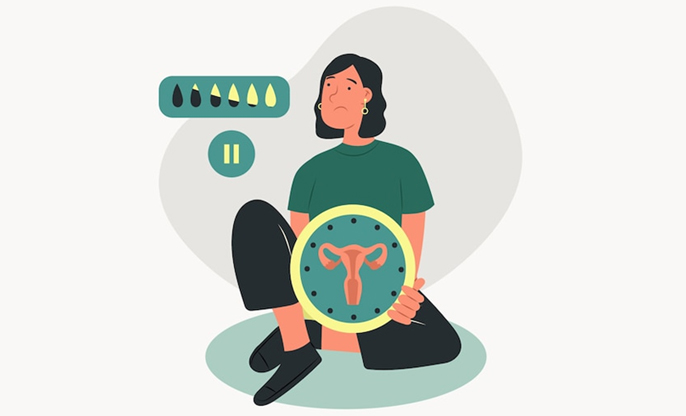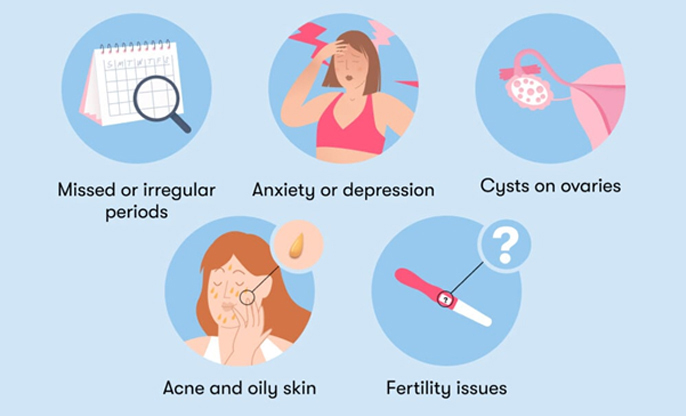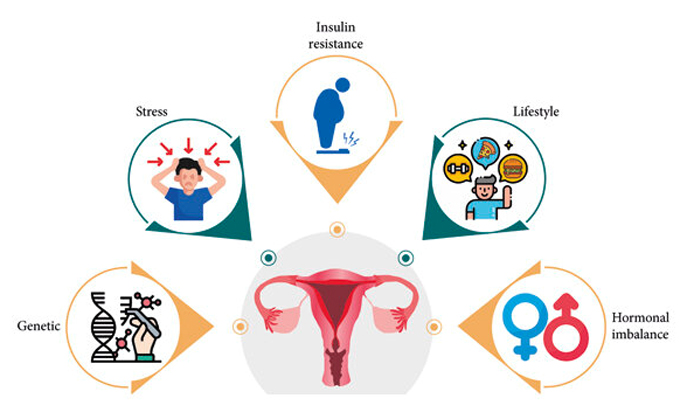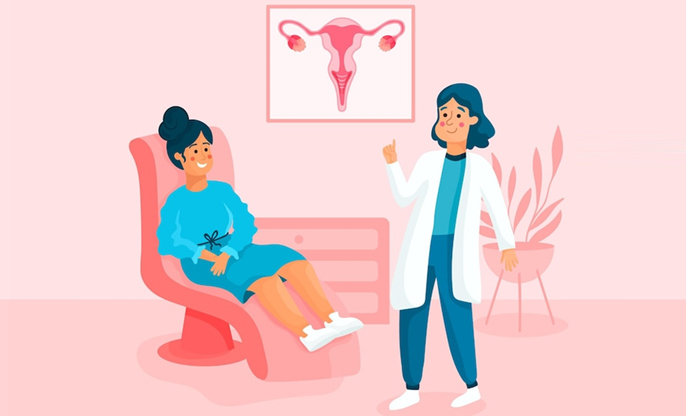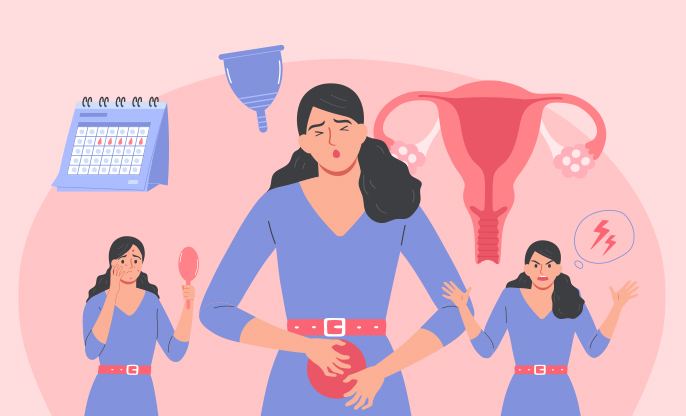
Navigating the Challenges of Polycystic Ovary Syndrome
PCOS isn't just a condition that affects how often we see our periods; it's a major player in our fertility journey too. Here's a closer look at how this disorder complicates our path to motherhood and what steps we can take to navigate these choppy waters.
Navigating PCOS
and Its Impact on Fertility
PCOS throws a wrench in our body's natural rhythms. It
manifests through symptoms like irregular menstrual cycles, tiny cysts on our
ovaries, and an overabundance of androgens, those pesky male hormones. Here's
how it all ties into fertility:
● Irregular Ovulation: Our
cycles are a guessing game. We might not ovulate regularly, which means fewer
chances to conceive each year.
● Hormonal Imbalances: Our
bodies are like a concert out of tune - too much LH and not enough FSH. This
imbalance can stop our ovaries from releasing eggs, making it tough to get
pregnant.
● Insulin Resistance: Many of us with PCOS also battle with insulin playing tricks on our body, which only makes the hormonal imbalance worse, affecting our fertility even further.
Strategies for
Enhancing Fertility Despite PCOS
● Lifestyle Tweaks:
○ Weight Management:
Dropping a few pounds isn't just about fitting into smaller jeans - it can kick
start our periods again and improve our chances of ovulating regularly.
○ Eating and Moving: Opting
for whole foods and regular workouts can help fix our insulin levels, tame
those androgens, and pave the way for a healthier reproductive system.
● Medical Support:
○ Fertility Boosters:
Medications like Clomiphene Citrate stir up ovulation, giving us a fighting
chance at pregnancy.
○ Metformin: Beyond
controlling our blood sugar, it might just help us regulate our periods and
ovulate more consistently.
○ IVF: Sometimes, the
natural route needs a bit of high-tech help. IVF can be a game-changer for
those of us who need it.
● Surgical Intervention:
○ Ovarian Drilling: This sounds
more intense than it is. It’s a procedure that can reduce our androgen levels
and encourage ovulation.
● Keeping an Eye on Overall Health:
○ Regular Check-ups: PCOS buddies up with risks like diabetes and heart disease, which can also throw off our fertility. Staying on top of these through regular checks is key.
Facing PCOS means tackling a complex beast that affects our fertility in profound ways. But with a thoughtful blend of lifestyle changes, medical approaches, and a strong support system, we can navigate this journey. It’s about taking control where we can, seeking help when needed, and keeping the dream of motherhood alive, even when the path there seems a little foggy.
